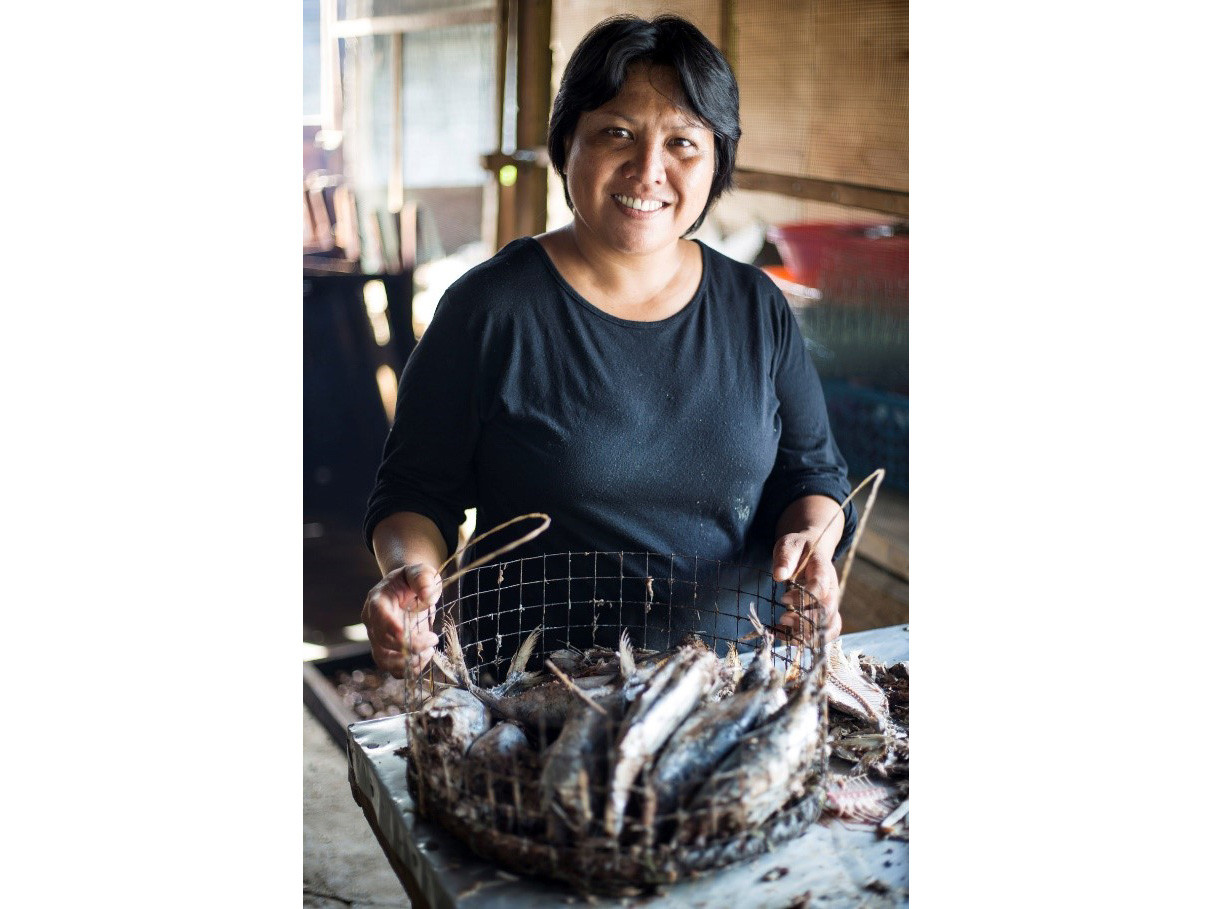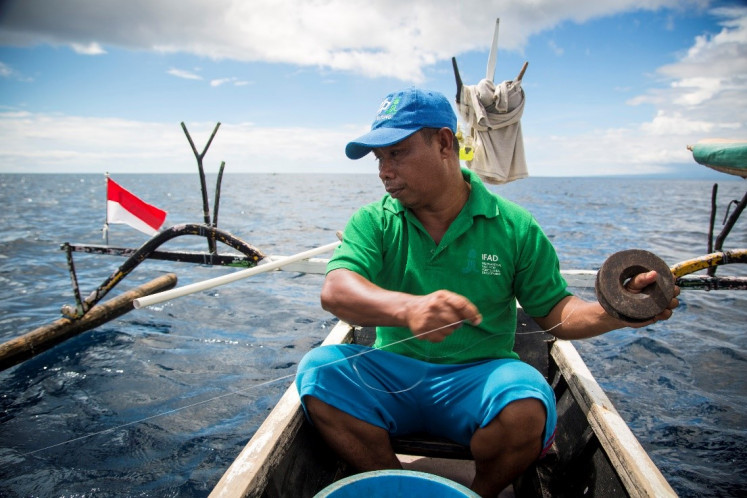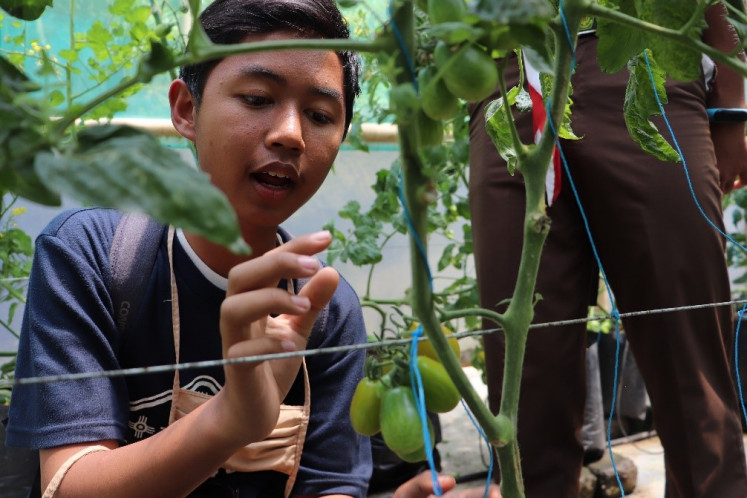Popular Reads
Top Results
Can't find what you're looking for?
View all search resultsPopular Reads
Top Results
Can't find what you're looking for?
View all search resultsThe game plan for Indonesia’s rural transformation
The International Fund for Agriculture Development (IFAD) has implemented eight projects in rural areas across Indonesia to encourage a more sustainable transformation.
Change text size
Gift Premium Articles
to Anyone
T
he International Fund for Agriculture Development (IFAD) has implemented eight projects in rural areas across Indonesia to encourage a more sustainable transformation. IFAD is a UN specialized agency and international financial institution that first began working in Indonesia in 1980.
Based on its research, 44 percent of Indonesians live in rural areas, where agriculture is their main source of income. IFAD is currently working with the government to implement the 2030 agenda for Sustainable Development, as well as the Long-Term Development Plan (implemented in 2005), focusing on rural transformation that is sustainable and profitable.
In order to achieve these goals, IFAD invests in rural people to drive sustainable social and economic transformation, particularly smallholder agricultural producers, who make up 93 percent of all farmers in Indonesia. Their main goal is to support village communities to reduce hunger, poverty and inequality by empowering the agricultural sector.
The projects aim to assist communities to better manage marine, coastal and land resources in order to improve the profitability of their business. The projects work directly with farmers, fishers and seaweed growers to build their capacity.
Farmers receive assistance in growing higher-quality produce, therefore increasing market value, which will lead to a higher income for farmers. Farmers also receive support and funding to develop agricultural storage and processing facilities.
Moreover, IFAD provides access to education and financial services. The focus on education is to empower rural workers to develop policies and decision-making capacity, in terms of understanding and contributing to village law and using village funds more sustainably. IFAD is working with local and national institutions to highlight the voices of small-scale producers.
IFAD joined forces with MARS Incorporated in (year) to support cacao farmers in six provinces across Indonesia, helping them to improve the quality of their cocoa so that they could sell to the international market. The project, called READ SI, mentored farmers so that they could implement integrated gardens and apply organic farming methods. Local growers were matched with larger markets and services through the community-matching grants. Also supported by Bappenas, the main goal of the project was to increase household incomes by 30 percent, improve soil fertility and reduce erosion. These goals were reached and local communities benefited.
To this day, IFAD has invested US$670 million in 20 rural development projects in Indonesia, reaching about 4 million households in the country. The READ SI project alone has developed over 1,800 field schools between 2017 and 2020, training more than 35,000 people.
IFAD’s programs are also extended to the younger generation. Deemed the most-educated and better-skilled, they are the most vulnerable to climate change and more likely to migrate to urban areas to find better employment opportunities in cities. The Youth Entrepreneurship and Employment Support Services (YESS) project supports young rural men and women to start new businesses, access markets, and gain employment. They aim to demonstrate to rural youths the benefits of the agricultural sector and ensure that rural economies improve sustainably without having to sacrifice profitability.
Over the last 40 years IFAD has built solid partnerships in the country, supporting the rural population to sustainably overcome poverty and build their own future, this includes productive transformation, social inclusion and equity, and overall empowerment for rural communities to take a leading role in their own development.












